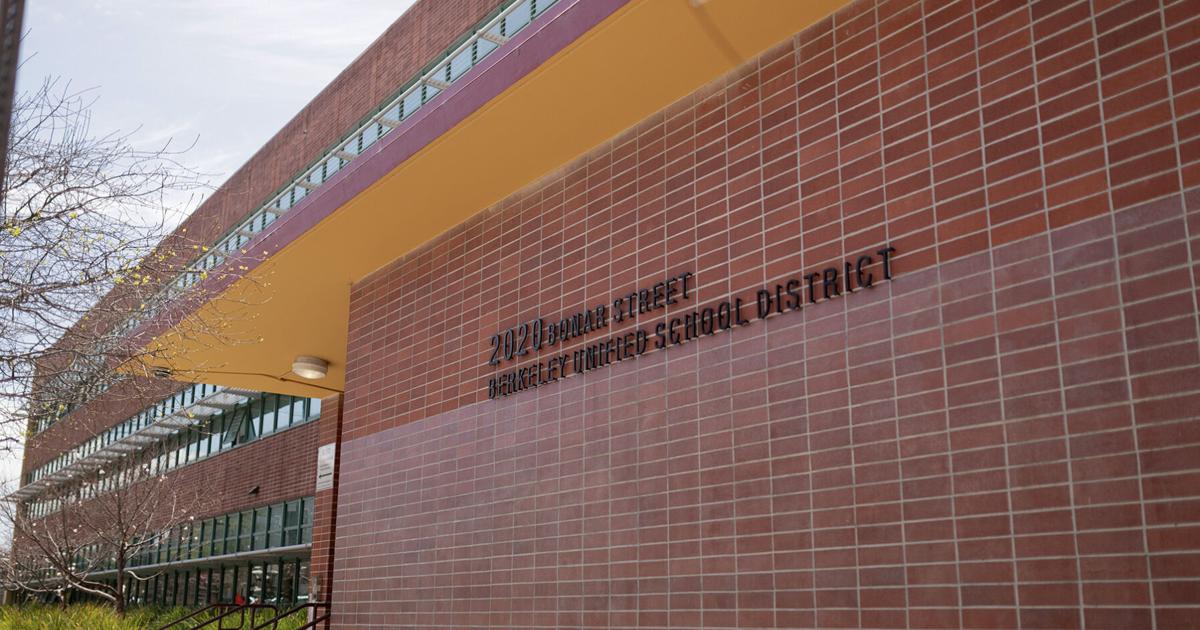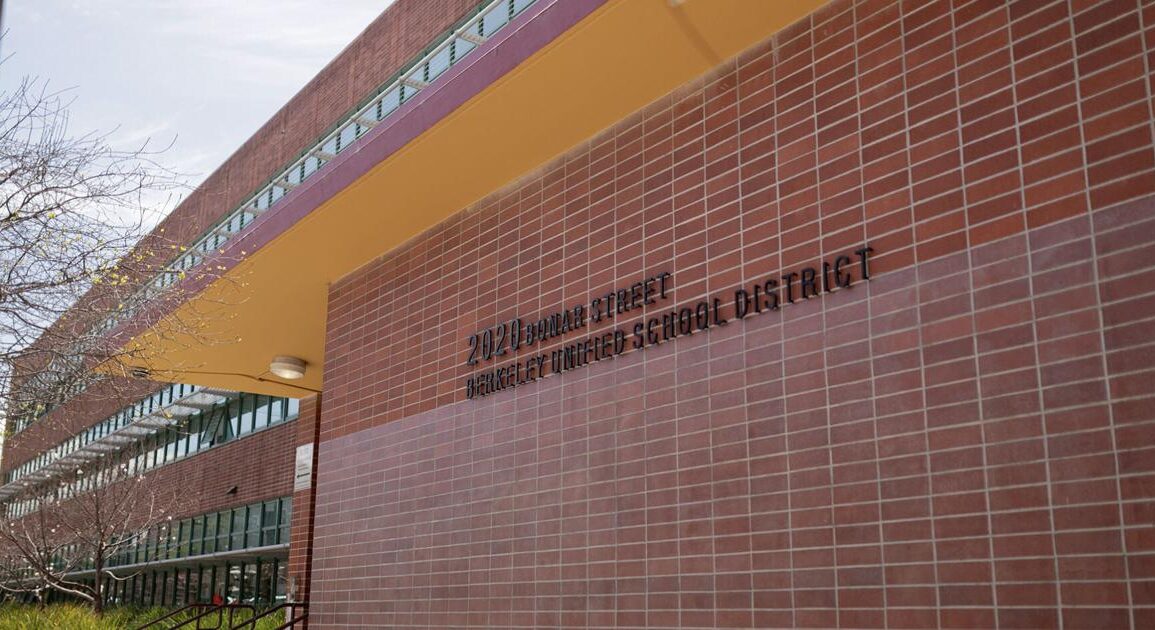
The Berkeley Unified School District, or BUSD, Reparations Task Force has recommended both financial and educational reparations for students who are descendants of chattel slavery in a report at the BUSD school board meeting Wednesday.
The task force has recommended three types of reparations to the district: harm reports, curricula changes and financial payments that will go toward students’ education. The recommended funding for the reparations would derive from donations, tax measures and lawsuits against companies and organizations whose historical actions have decreased funding for BUSD.
“We were recommending that (BUSD has) the financial payments go through an organization like the Berkeley Public Schools Fund because the district itself would have complications in giving out direct financial payments,” said co-chair of the Reparations Task Force Adena Ishii.
Ishii added that the district would have to do more research in order to effectively integrate the educational reparations into the curriculum, including incorporating reparations into the existing ethnic studies curriculum.
The task force recommended creating a harm report to record the forgotten harms BUSD has caused, including the impacts of segregation, discriminatory policies and legacies of chattel slavery within BUSD.
The task force surveyed community members, all of who agreed incorporating the history of slavery into BUSD curricula is important.
Most survey respondents agreed that providing financial payments for educational purposes was the best course of action, especially considering the educational harm BUSD caused in the past.
“We define educational purposes rather broadly,” Ishii said. “We understand that there are many ways you can support education that are not just books and other things like that.”
The task force also recommended that, if the district were to implement the tax measure as their source of funding for the reparations as a parcel or real estate tax, it would be more effective as a citizen-led initiative on the ballot so its passage would only require a majority vote.
The recommended next steps for BUSD are to consult with experts to create a harm report, collaborate with descendant BUSD staff to create a more inclusive curricula and consult attorneys to put pressure on the organizations the district might consider suing.
“They say that if you don’t understand history, then you’re doomed to repeat it,” Ishii said. “I think the combination of understanding our history and learning from the mistakes of the past and ensuring that we don’t commit the crimes that we have in the past, and also that we are basically giving what is owed to these people that have been harmed, (is important).”


